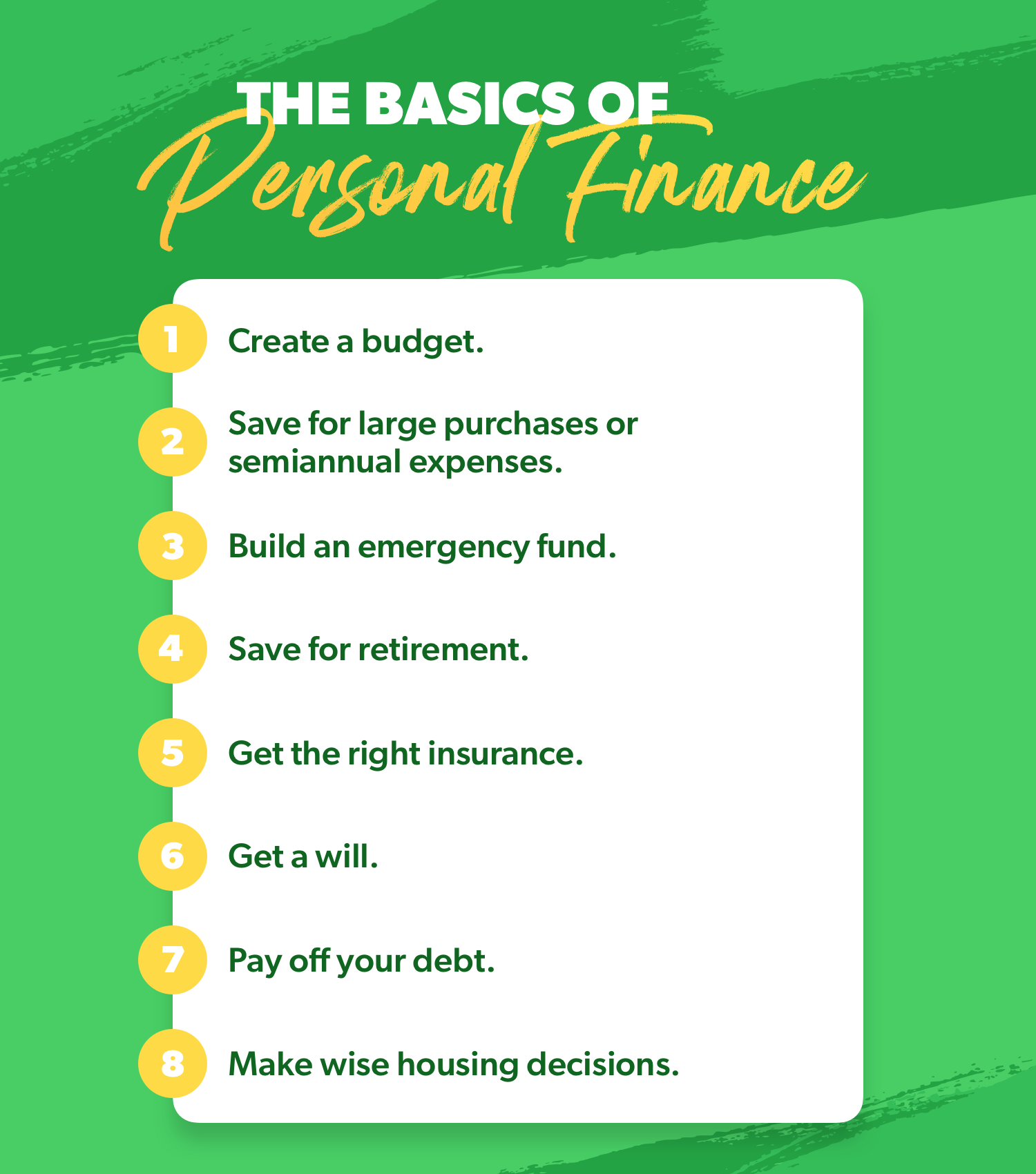If a buyer asked you to front them the cash to purchase your house from you, you 'd believe they were crazy. It's up to your purchaser to determine a method to spend for your home, right? Believe it or not, there are in fact home sellers who provide to loan purchasers the cash to buy their property: it's called owner funding. Source: (Ryan Bruce/ Burst) Also called seller financing or a purchase-money home loan, owner funding is an arrangement where the home buyer obtains some or all of the cash to acquire the home from the existing property owner. In many cases, this takes place because the purchaser does not wantor can't qualify online forum traditional mortgage from a traditional lending institution.
For example, let's say the accepted deal between the buyer and seller is $300,000. The buyer has 20%, or $60,000, to put down on the house, however their home loan business just authorizes a loan of $200,000. With seller funding, the seller can lend the buyer the additional $40,000 needed to make up the distinction. However, seller funding isn't usually expected to be a long-lasting plan. It's normally a short-term solution till the buyer can arrange a traditional loan for the full home loan amountnormally within a few years. Since that's the case, the terms of these loans are typically created to encourage the purchaser to look for out alternative funding.

The great news is that, while this arrangement is a private mortgage between 2 private people, it is a legally binding contract with terms, conditions, and requirements to which both celebrations should adhereand recourse if the agreement terms are violated. The bad news is that it's a private loan in between two private citizens. And if you've ever run into difficulty lending money to household or good friends, it's only natural for the seller to be worried about lending an even bigger amount to a stranger. "Seller financing can go actually well if you're dealing with financially solvent individuals who have excellent tasks and are sincere," says Edie Waters a top-selling agent in Kansas City, Missouri, who's offered over 74% more homes than her peers.
However that wasn't always the case. In fact, the popularity of seller financing is affected by interest rates. "Right now we're not in this type of market, however in the '80s, the rates of interest was 18%," says Waters. "And those interest rates went up extremely rapidly. So let's state the seller back then had a loan at 8%, but their purchaser can just get an 18% rates of interest. That's a 10% space." This common situation back in the 1980s, was why seller financing and the agreement for deed became a popular alternative. Instead of paying the bank 18% interest, the seller would keep their 8% home mortgage, and charge their buyer 12% -15% in the brand-new, seller financed mortgage.
Getting My What Does Cfa Stand For In Finance To Work
Otherwise you might face issues buying another house. If you're still paying a home mortgage on the house you've seller funded, you'll be accountable for and need to certify for both home mortgages. "Today, I would not advise that a seller offer owner funding if they still had a loan on their house," recommends Waters. "Not unless they could simply absolutely manage it, and desired to utilize it for a tax deduction." If you do run that threat, you Helpful hints could be stuck paying both home loans if your purchaser defaults on the loan. Source: (Nicole De Khors/ Burst) There are a lot of advantages and disadvantages to owner funding, however possibly the greatest danger that the seller requires to worry about is buyer default.
But you, as the seller, require to prepare that most likely anywhere from 60% to 70% of the time you're going to get that home back," encourages Waters. Remember, purchasers who ask for seller funding normally can't get approved for a traditional home loan, or at least not for a loan big enough to cover the full house rate. Which implies that they are high-risk customers. High-risk buyers are most likely to default, but that's not the worst partif they refuse to leave. If they just stop paying you, however do not vacate, you'll need to pay the bill to foreclose on the home.
" There's a great deal of threat on both sides, however there's a lot more danger in it for the seller," states Waters. "If it spoils, the buyer will get a bad credit report, down Additional info to 500 or less if they default on a loan. However the seller is stuck to your house and the condition it remains in. They're stuck to all the needed repair work, the expense of fixing it up, all the included wear and tear on things like the roofing system, the devices and the A/C. What is internal rate of return in finance. And they're stuck to the time and expenditure of selling it once again. So you have to be okay with the danger included." Aside from the fact that there's a high probability that you'll end up being economically accountable for the seller-financed residential or commercial property again, you might not be able to structure the terms of the loan exactly as you 'd like.
Regrettably, those reforms even affect private loanswhich means you may not have the ability to include that incentivizing balloon payment after all. Lastly, considering that you're the one lending the cash, you'll just be earning money in little installments over a duration of time, much like a regular loan provider. To put it simply, you will not be able to access your full equity in the home you offer to help you purchase another one. The news isn't all bad, though. "The tax benefits are possibly huge for sellers funding their buyers," states Waters. We always encourage that they check out with their financial cnbc on sirius xm consultant to ensure they comprehend all the tax rate advantages and disadvantages." Since your purchaser is paying you in little increments over a duration of numerous years, the government regards this as an installment sale which features substantial tax breaks.

Things about Which Results Are More Likely For Someone Without Personal Finance Skills? Select Three Options.
The most significant pro is that as the lending institution, you maintain the title to the property until you're paid in complete, so if your purchaser does default, your house is still yoursno matter just how much cash they have actually currently paid towards their home mortgage. Source: (Ryan Bruce/ Burst) If it seems like seller funding is the right option for you, then you'll require to understand what to do: The first thing you need to do is ensure you're economically safe adequate to face the risks that feature seller funding. It's insufficient to merely own the home outrightyou ought to also have adequate cash conserved to cover repair work, taxes, insurance coverage, and any other costs you might require to cover up until you can get your house sold again.